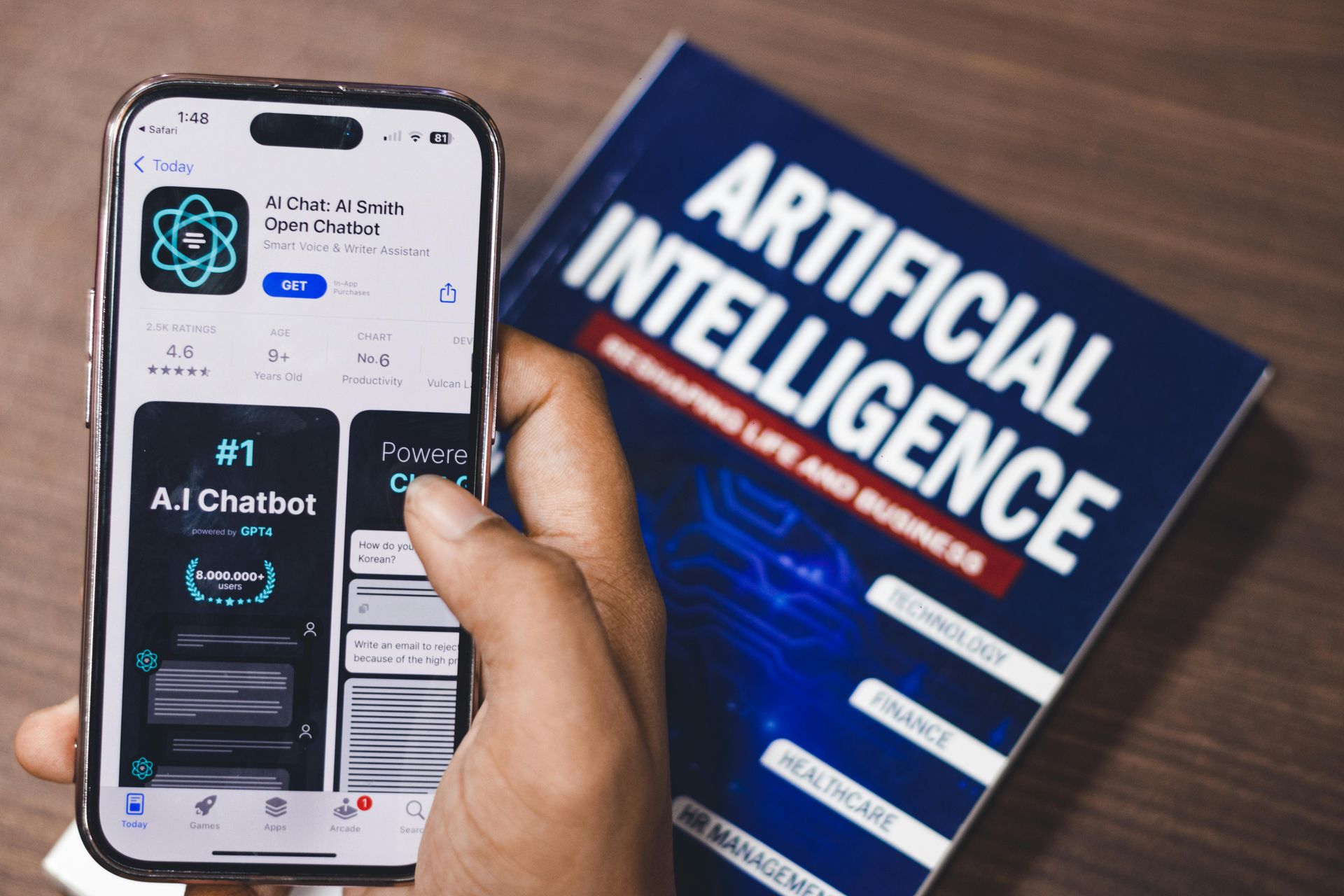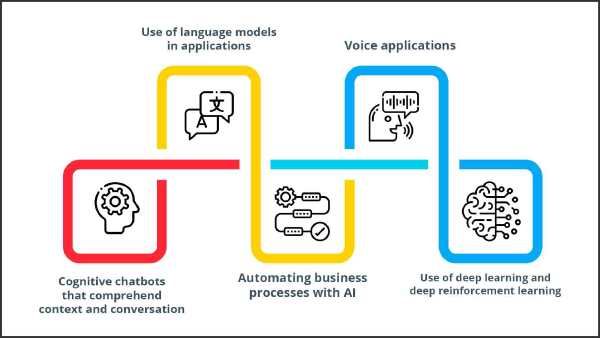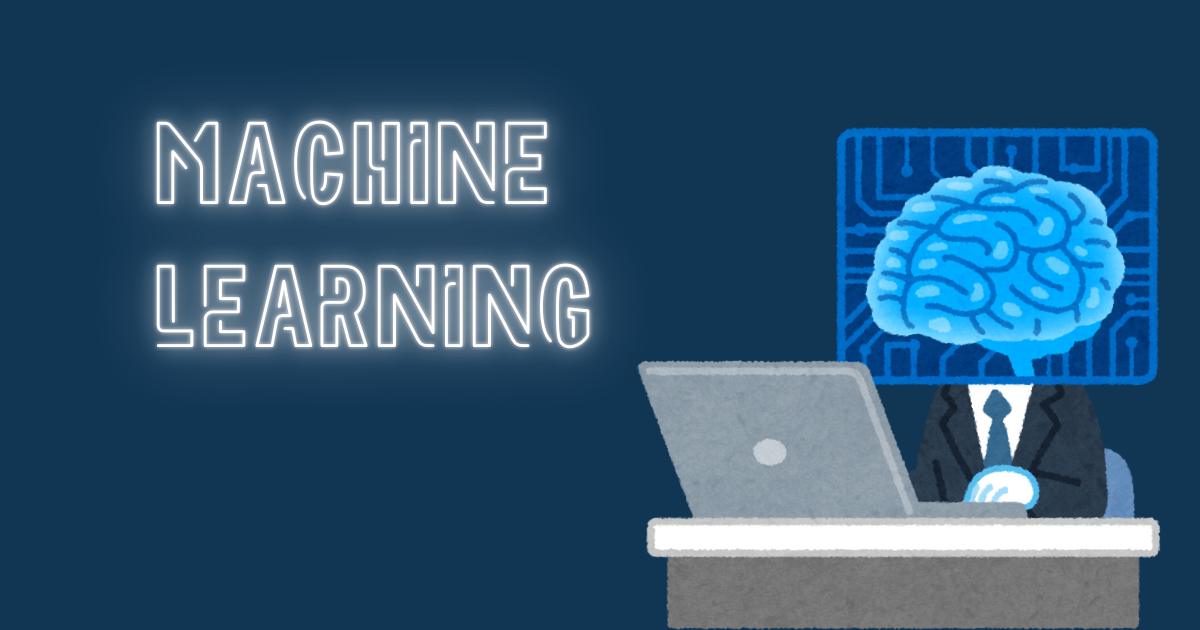Types of AI Assistants
Autonomous AI delivers value to every type of business

Voice-Activated Assistants
Voice-activated assistants have become an integral part of our daily lives, transforming the way we interact with technology. These AI-driven applications allow users to perform a variety of tasks using voice commands, making them incredibly user-friendly and accessible. From setting reminders to controlling smart home devices, voice-activated assistants are designed to enhance convenience and streamline everyday activities.
One of the most notable features of voice-activated assistants is their ability to understand and process natural language. This technology enables them to interpret various accents and dialects, allowing a broader audience to benefit from their services. Popular examples include Amazon's Alexa, Apple's Siri, and Google Assistant, each with unique capabilities that cater to different user preferences. Voice-activated assistants not only enhance personal productivity but also play a crucial role in customer service.
Businesses are increasingly adopting these tools to provide instant support, answering inquiries, and guiding users through simple tasks without the need for human intervention. This 24/7 availability helps businesses improve customer satisfaction while reducing operational costs. Moreover, the integration of voice recognition with machine learning has paved the way for continuous improvements in understanding user intent. With every interaction, these assistants learn and adapt, becoming smarter and more attuned to individual user preferences. This personal touch helps to build a stronger rapport between users and technology, making the experience more enjoyable.
As the technology continues to evolve, the potential for voice-activated assistants seems limitless. They can facilitate hands-free multitasking for professionals, assist elderly individuals in managing daily activities, and even serve as companions for those feeling isolated. The convenience and functionality of voice-activated assistants promise to redefine the boundaries of human-computer interaction for years to come, making life simpler and more efficient for everyone.
Text-Based Chatbots
Text-based chatbots have revolutionized the way we communicate and interact with technology, offering a seamless and efficient solution for user inquiries. These AI-driven assistants provide real-time responses via text, catering to a wide range of needs across various platforms, from websites to messaging applications. Their ability to handle repetitive queries makes them invaluable in enhancing customer service, as they can manage countless interactions simultaneously without fatigue or delay.
One major advantage of text-based chatbots is their accessibility. Users can engage with them at their convenience, without the restrictions of voice interactions or the need for specialized devices. This feature is particularly beneficial for businesses that serve diverse clientele, as chatbots can quickly adapt to different languages and linguistic styles, ensuring effective communication for all. Furthermore, their text-based nature allows for the easy documentation of conversations, which can be invaluable for future reference or analysis. Text-based chatbots are also highly customizable, allowing businesses to tailor the responses and functionality according to their specific needs.
By employing natural language processing (NLP) techniques, these chatbots can understand user intent and provide relevant replies, creating a more satisfying user experience. As they learn from previous interactions, they continue to improve their accuracy and relevance, fostering a stronger connection with users over time.
In addition to customer support, text-based chatbots can be employed for various purposes, including lead generation, appointment scheduling, and even sales transactions. Their ability to engage users in meaningful conversations makes them powerful tools for nurturing relationships and driving conversions. Business owners and marketers can leverage chatbots to streamline operations and provide immediate assistance, which ultimately leads to higher levels of customer satisfaction and loyalty.
As technology advances, the potential applications for text-based chatbots will expand, opening new avenues for both businesses and users. Embracing these AI-driven tools can significantly enhance the efficiency and effectiveness of communication in a fast-paced digital world.
Industry-Specific Assistants
In the vast landscape of artificial intelligence, industry-specific assistants play a pivotal role in addressing unique challenges and requirements within various sectors. Understanding the intricacies of each industry allows these AI-driven assistants to optimize performance, streamline operations, and enhance user interactions. Whether it's healthcare, finance, retail, or education, implementing tailored AI assistants can dramatically improve efficiency and customer satisfaction.
Within the healthcare sector, for instance, AI assistants can assist in managing patient inquiries, scheduling appointments, and providing medications reminders. By utilizing natural language processing and machine learning, these assistants can understand medical terminologies and assist healthcare professionals in administrative tasks, allowing them to devote more time to patient care.
In the finance industry, industry-specific assistants can help users navigate complex financial landscapes. They can provide real-time updates on stock prices, assist with budgeting, and offer personalized financial advice based on a user’s spending habits.
Financial advisors can also leverage these AI tools to analyze market trends and develop more informed investment strategies.
Retail businesses are increasingly turning to AI assistants to enhance the shopping experience. From personalized product recommendations to managing inventory, these assistants engage customers in tailored conversations that drive sales. By understanding consumer behavior and preferences, they can predict what products a customer may be interested in and provide relevant promotions, ultimately increasing brand loyalty.
Education is another field benefiting from industry-specific AI assistants. They can provide personalized tutoring experiences, answering students’ questions in real time and adjusting the material based on individual learning styles. This not only enhances the learning experience but also allows educators to focus on fostering creativity and critical thinking within their classrooms.In summary, industry-specific assistants offer specialized solutions tailored to meet the demands of various sectors.
By harnessing the power of AI, organizations can enhance their operations, improve customer service, and ultimately drive success in a competitive marketplace.





